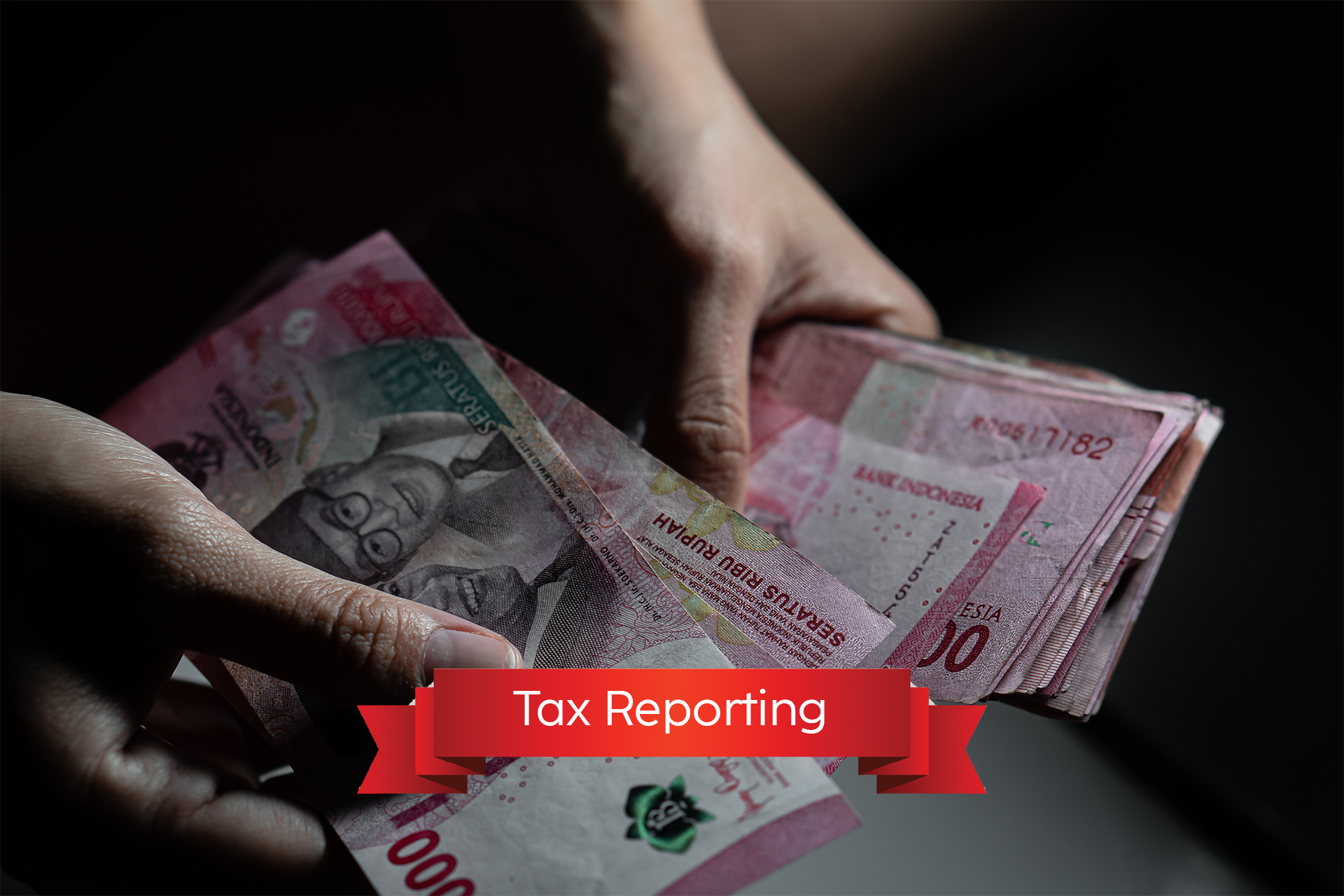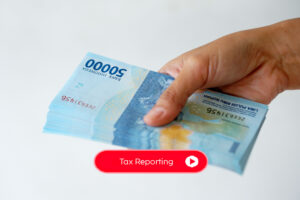12% VAT in Indonesia Policy – Amidst widespread opposition, starting from January 1, 2025, a new policy on Value Added Tax (VAT) will be implemented in Indonesia. The government is aware of the resistance from the middle class and the public at large, and as a result, adjustments have been made to the regulation. The VAT will increase from 11% to 12%, specifically targeting luxury goods and services. This includes items like premium wagyu beef and international school fees. What are the specifics of the new VAT list?
The government justifies this increase as a necessary step in fulfilling the mandate of Law No. 7 of 2024 on the Harmonization of Tax Regulations (UU HPP).
This was announced by Coordinating Minister for Economic Affairs Airlangga Hartarto, alongside Finance Minister Sri Mulyani, and other ministers of the Red and White Cabinet during a press conference on the Economic Stimulus Package at the Coordinating Ministry for Economic Affairs, Central Jakarta, on Monday (16/12).
However, the Minister emphasized that the 12% VAT increase would not apply to all goods. It will specifically affect luxury goods and services.
Read also: Wagyu and Kobe Beef to Face 12% VAT Starting January 1, 2025
Finance Minister Sri Mulyani Indrawati identified some of the luxury goods and services affected by the 12% VAT, including healthcare and premium education services.
This move is part of the government’s strategy to increase state revenue through taxation, while ensuring a fairer policy that targets the premium sector without burdening the basic needs of the population.
Luxury goods and services refer to products or services considered non-essential and generally enjoyed by a small segment of society. The tax increase is designed to target consumers with high purchasing power, ensuring it does not impact the majority of people purchasing everyday necessities.
List of Premium Goods and Services Affected by the 12% VAT:
Until now, the government has exempted various goods from VAT, benefiting the wealthiest households in decile 9 and decile 10, with decile 10 representing the wealthiest households.
Sri Mulyani noted that decile 10 households enjoy Rp91.9 trillion in VAT exemptions, followed by decile 9 at Rp41.1 trillion.
“We will apply the VAT primarily to premium beef, such as wagyu and kobe, which can cost above Rp2.5 million or even Rp3 million per kilogram,” she explained.
Meanwhile, meat consumed by the general public, priced between Rp150,000 and Rp200,000 per kilogram, will remain exempt from VAT.
Here’s the list of luxury goods that will be subject to the 12% VAT:
- Premium rice
- Premium fruits
- Premium meats (wagyu, kobe beef)
- Expensive fish (premium salmon, premium tuna)
- Premium seafood (king crab)
- VAT on premium education services
- VAT on premium medical healthcare services
- VAT on electricity for household customers between 3,500-6,600 volt amperes (VA)
Sri Mulyani explained that this decision reflects input from various parties, adhering to the principle of mutual cooperation, where those who can afford to pay contribute, while those who cannot are supported and protected. Therefore, luxury goods and services, which were previously exempt from VAT, will be subject to a 12% VAT starting in 2025.
The Principle of Mutual Cooperation in the 12% VAT in Indonesia
“To ensure mutual cooperation, where the 12% VAT is applied to goods categorized as luxury, we will carefully review the pricing of these goods and services, such as VIP hospital rooms and international standard paid education,” said Sri Mulyani.
This principle of mutual cooperation ensures that the government still considers VAT exemptions on certain products that are essential for the wider public.
Goods exempt from VAT include staple foods such as rice, meat, eggs, fish, and milk. Education, healthcare, financial services, labor, insurance, and water services are also exempt.
Meanwhile, products like flour, cooking oil, and industrial sugar will be subject to a 11% VAT.
You may be interested in: Indonesia Cuts Negative Investment List from 100 to 6 Sectors
The government will provide a discount on electricity rates of up to 50% starting January 1, 2025, especially for customers with electricity usage below 2,200 Volt Amphere (VA), such as 1,300 VA and 900 VA users.
In addition, tax discounts will be provided for people purchasing homes priced at Rp5 billion, with a 100% discount for the first Rp2 billion from January to June 2025, and a 50% discount for July to December 2025.
Furthermore, the government will bear the income tax (PPh21) for workers in labor-intensive sectors earning up to Rp10 million per month.
Government’s Reason for Raising VAT to 12%
Amid the wave of opposition, what exactly is the government’s rationale behind this decision? The increase in VAT to 12%, effective January 1, 2025, is a strategic move by the government to boost state revenue in order to meet the increasingly complex national development needs. This policy, as outlined in Law No. 7 of 2021 on the Harmonization of Tax Regulations (UU HPP), aims not only to improve fiscal stability and reduce dependency on foreign debt but also to align Indonesia’s VAT rates with international standards.
By applying this new rate only to luxury goods and services, the government aims to protect the purchasing power of the general population from the impact of the tax hike. Additionally, this move is designed to create fiscal space to support large infrastructure projects, enhance economic competitiveness, and drive post-pandemic economic recovery. Although the policy has generated diverse reactions, the government remains confident that the VAT increase will provide a stronger foundation for sustainable economic growth in the future.
Conclusion
The 12% VAT increase on luxury goods and services represents a bold and strategic step by the government to boost state revenue. However, the success of this policy will depend heavily on effective implementation and supervision. In the long term, this policy could bring significant benefits if managed properly, both in terms of increased state revenue and a more equitable tax burden.
Finally, if you are a business owner in the premium sector affected by this policy, it’s important to begin preparing for the necessary adjustments to this tax increase. Bizindo is ready to assist you with licensing, tax management, and legal compliance in Indonesia to help your business remain competitive and operate smoothly according to the latest regulations.




 20% off today. Whatsapp us!
20% off today. Whatsapp us!